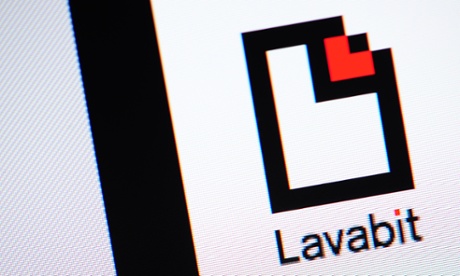Lavabit loses contempt of court appeal over Edward Snowden encryption keys

Lavabit founder Ladar Levison challenged the contempt of court order issued to him for refusing to provide the government with encryption keys to his secure email service. The fourth US circuit court of appeals Judge G Steven Agee said in the ruling that the court’s decision was made because of a procedural error in the appeal.
The government had issued a a so-called "pen/trap order" to access metadata from the account of a target, thought to be Snowden. The day the order was issued, Levison refused to comply, according to court documents. The decision was followed by another order stating that Lavabit would be in contempt of court if it continued to not comply.
“As each day passed, the government lost forever the ability to collect the target-related data for that day,” Agee said in the court order.
Levison said the government forced him to provide SSL encryption keys to his secure emailing service as part of its investigation into Snowden, leading him to close his business because he and his users rely on its secure messaging capabilities. His lawyers also argued that he was not required to provide investigators with the amount of information they sought.
Instead of addressing the argument that providing such information could compromise his business, the court’s decision focuses on Lavabit’s procedural handling of its complaints.
“At an absolute minimum, if Lavabit believed that the turnover of the keys was invalid under the pen/trap order, then it should have acted once the district court’s August 1 order issued,” the court said. “It did not.”
Levison has said he could have given investigators access to a single account like he had done in the past, but the nature of their request for “live” access to user information would have compromised Lavabit’s entire system.
The American Civil Liberties Union, which filed an amicus brief in the appeal, said the court focused on the procedural aspects of the case unrelated to Lavabit's claims.
"On the merits, we believe it’s clear that there are limits on the government’s power to coerce innocent service providers into its surveillance activities," said ACLU attorney Brian Hauss in an emailed statement. "The government exceeded those limits when it asked Lavabit to blow up its business –and undermine the encryption technology that ensures our collective cybersecurity – to get information that Lavabit itself offered to provide."
A similar FBI demand preceded the closure of Lavabit’s rival Hushmail, which complied with investigators seeking information on users in 2007.
No comments:
Post a Comment